Signs you Should See a Dentist Immediately

Signs of Immediate Dental Attention

Recognizing the signs that indicate a need for immediate dental care can make a significant difference in oral health. Two critical indicators of such urgent attention are severe toothaches and badly cracked teeth.
Severe Toothache
A severe toothache is often a symptom of deeper dental issues. It is essential not to ignore such discomfort, as early dental intervention can prevent more serious conditions from arising. When experiencing a severe toothache, individuals are advised to take the following steps for immediate relief:
Promptly seeing a dentist is crucial, as they can address the underlying cause of the tooth pain, ultimately providing relief and preventing further complications. Notably, untreated tooth pain can escalate and lead to more severe dental issues, emphasizing the importance of recognizing the signs you should see a dentist immediately.
Badly Cracked Tooth
A badly cracked tooth can pose significant risks, as cracks may allow bacteria to enter the tooth, leading to potential infections or pulp necrosis. Individuals with cracked teeth should seek immediate dental attention. Treatment options may vary based on the condition of the tooth:
Dental professionals typically require X-rays to assess the extent of any damage. In any case, acting quickly and recognizing these signs can help avoid further complications, maintaining better overall oral health.

Urgent Dental Situations
Recognizing urgent dental situations is crucial for preserving oral health. Two common scenarios that require immediate attention are a knocked-out tooth and a dental abscess.
Knocked-Out Tooth
When a tooth is knocked out, it is essential to act swiftly. A knocked-out tooth, also known as an avulsed tooth, can often be reinserted successfully if proper steps are taken immediately. According to Summit Dental Group, seeking dental care within 30 minutes significantly increases the chances of saving the tooth.
Here is a quick guide on handling a knocked-out tooth:
- Find the tooth and hold it by the crown (the top part) to avoid damaging the roots.
- Rinse the tooth gently with water if it’s dirty, but do not scrub it.
- Try to place the tooth back into its socket gently. If that’s not possible, store it in a glass of milk or keep it in the person’s saliva.
- Seek emergency dental care immediately.
Dental Abscess
A dental abscess is a pocket of pus that forms due to a bacterial infection, creating localized swelling and pain. It can lead to significant complications if not addressed promptly, including the spread of infection to surrounding tissues and bones, and in severe cases, even systemic issues [2]. Symptoms to watch for include:
Here is a breakdown of the signs that indicate a dental abscess:
- Persistent Toothache: A constant, throbbing pain that does not subside.
- Gum Swelling: Noticeable swelling around the affected tooth or nearby gums, potentially indicating pus buildup.
- Fever: Elevated body temperature as a response to infection.
- Sensitivity: Increased pain when consuming hot or cold foods/beverages.
Immediate medical attention is essential for a dental abscess, as untreated infections can lead to more severe complications, such as the destruction of the affected tooth and networking of the infection throughout the body [3].
For both a knocked-out tooth and a dental abscess, knowing the signs you should see a dentist immediately can help prevent further complications and preserve dental health.

Importance of Prompt Treatment
Prompt treatment of dental issues is essential to maintain oral health and prevent complications. Two critical conditions that highlight this need are tooth abscesses and facial swelling.
Tooth Abscess Risks
A tooth abscess can lead to a severe toothache, often described as gnawing, sharp, or throbbing, and it does not subside without treatment. This condition arises from infections in the center (pulp) of the tooth, typically caused by tooth decay, trauma, or other dental problems. If untreated, the infection can spread to the bones supporting the tooth, resulting in a buildup of pus and potential tissue swelling.
Risks and Treatment Options
Untreated abscesses can quickly escalate into life-threatening situations. The urgency lies in combating the infection effectively, preserving the affected tooth, and preventing severe complications. Possible treatment methods include:
Treatment Options for Dental Abscess
- Antibiotics: Help to eliminate infection
- Warm saltwater rinses: Can relieve discomfort and aid healing
- Pain relievers: Alleviate pain associated with the abscess
- Root canal procedures: Remove infected pulp to save the tooth
- Tooth extraction: Necessary if the tooth is too damaged
- Abscess drainage: Physically removes pus and infected material
For more detailed information on why immediate dental attention is crucial, check the signs you should see a dentist immediately.
Facial Swelling Caution
Facial swelling can be a significant indicator of dental emergencies, often resulting from infections such as tooth abscesses. Swelling, redness, and tenderness in the face can indicate a more serious issue that requires urgent evaluation. Ignoring these symptoms may lead to further complications, such as the spread of infection to other areas, including the neck or brain.
Prompt assessment by a dental professional is essential to determine the cause of the swelling and implement appropriate treatment. This may include drainage, antibiotics, or surgical intervention. Individuals experiencing unexpected swelling should seek immediate care to prevent potential health risks and complications.
Early recognition of symptoms and prompt dental care can lead to better outcomes and preserve oral health. For those interested in more dental health insights, explore the importance of why you should see a dentist every six months.
Dental Emergencies
Dental emergencies can arise unexpectedly, and it is essential to recognize the signs that indicate immediate care is needed. Two common concerns are toothache symptoms and the proper care for a knocked-out tooth.
Toothache Symptoms
A toothache can vary in intensity and may indicate an underlying issue that needs attention. Common symptoms that suggest a dental emergency includes:
Common Dental Symptoms and Their Causes
- Continuous pain: Possible infection or decay
- Sharp or throbbing pain: Could indicate an abscess or damage to the tooth
- Pain when biting down: May suggest a cracked or fractured tooth
- Sensitivity to hot or cold sensations: Could be due to tooth decay or gum issues
- Swelling of gums or jaw: Sign of infection, such as an abscess
Tooth infections left untreated can lead to destruction of the affected tooth and may spread to other areas, resulting in life-threatening complications [5]. Timely intervention is vital, and options like root canals or extractions may be necessary [4].
Knocked-Out Tooth Care
A knocked-out tooth is a critical dental emergency that requires immediate action. If a tooth gets dislodged, here's what you need to do to maximize the chances of saving it:
- Find the tooth and pick it up by the crown (the white part), not the root
- Gently rinse it with milk or saline solution if it's dirty - never scrub it
- Try to place the tooth back in its socket, facing the right way
- If you can't reinsert it, store it in milk, saline solution, or between your cheek and gums
- Get to a dentist within 30 minutes for the best chance of saving the tooth
Emergency situations like these should never be ignored. It's essential to understand the signs you should see a dentist immediately for proper guidance and timely care. Remember to keep a dental emergency kit handy and know the nearest dental office for emergencies.

Seeking Emergency Dental Care
Dental Emergency Protocols
Recognizing when to seek emergency dental care is essential for maintaining oral health. Certain signs indicate a dental emergency that requires immediate attention. These include bleeding that won't stop, unrelieved pain despite medication, or broken facial bones [2].
Some common emergencies are:
For toothaches, treatment options vary based on severity. Dentists may prescribe antibiotics, pain relievers, dental fillings, crowns, or, in severe cases, root canal therapy or tooth extractions. Home remedies like saltwater rinses or ice packs may offer temporary relief, but any persistent tooth pain should prompt a visit to the dentist. Here are some Emergency Dental Situations with Recommended Actions:
- Severe Toothache: Consult a dentist for evaluation and treatment
- Knocked-Out Tooth: Seek immediate care to increase chances of reattachment
- Cracked Tooth: Visit a dentist to assess damage and plan treatment
Tooth Fracture Concerns
A chipped or fractured tooth is a prevalent reason for urgent dental visits. While minor chips may not necessitate immediate attention, significant breaks or fractures should be addressed swiftly due to potential pain associated with them [6].
Cracked teeth can endanger the tooth's interior, increasing the risk of pulp necrosis. Depending on the damage, treatments may involve root canal therapy if the pulp is compromised or a crown if the pulp remains unaffected. Typically, X-rays are needed to determine the extent of the fracture [1].
For more insights on regular dental health, consider checking out why you should see a dentist every six months.
References
- https://www.mountsinai.org/health-library/diseases-conditions/tooth-abscess
- https://www.mayoclinic.org/diseases-conditions/tooth-abscess/symptoms-causes/syc-20350901
- https://www.healthline.com/health/dental-abscess
- https://www.nhs.uk/conditions/dental-abscess
- https://www.cdc.gov/oralhealth/dental_emergencies.htm
- https://www.ada.org/resources/research/science-and-research-institute/oral-health-topics/dental-emergencies
- https://summitdentalgrp.com/p/BLOG-114742-2024.8.15-How-Soon-Does-a-Knocked-Out-Tooth-Need-to-be-Replaced-p.asp
- https://www.soladentalspa.com/blog/why-you-should-see-a-dentist-every-six-months
- https://my.clevelandclinic.org/health/diseases/10957-toothache
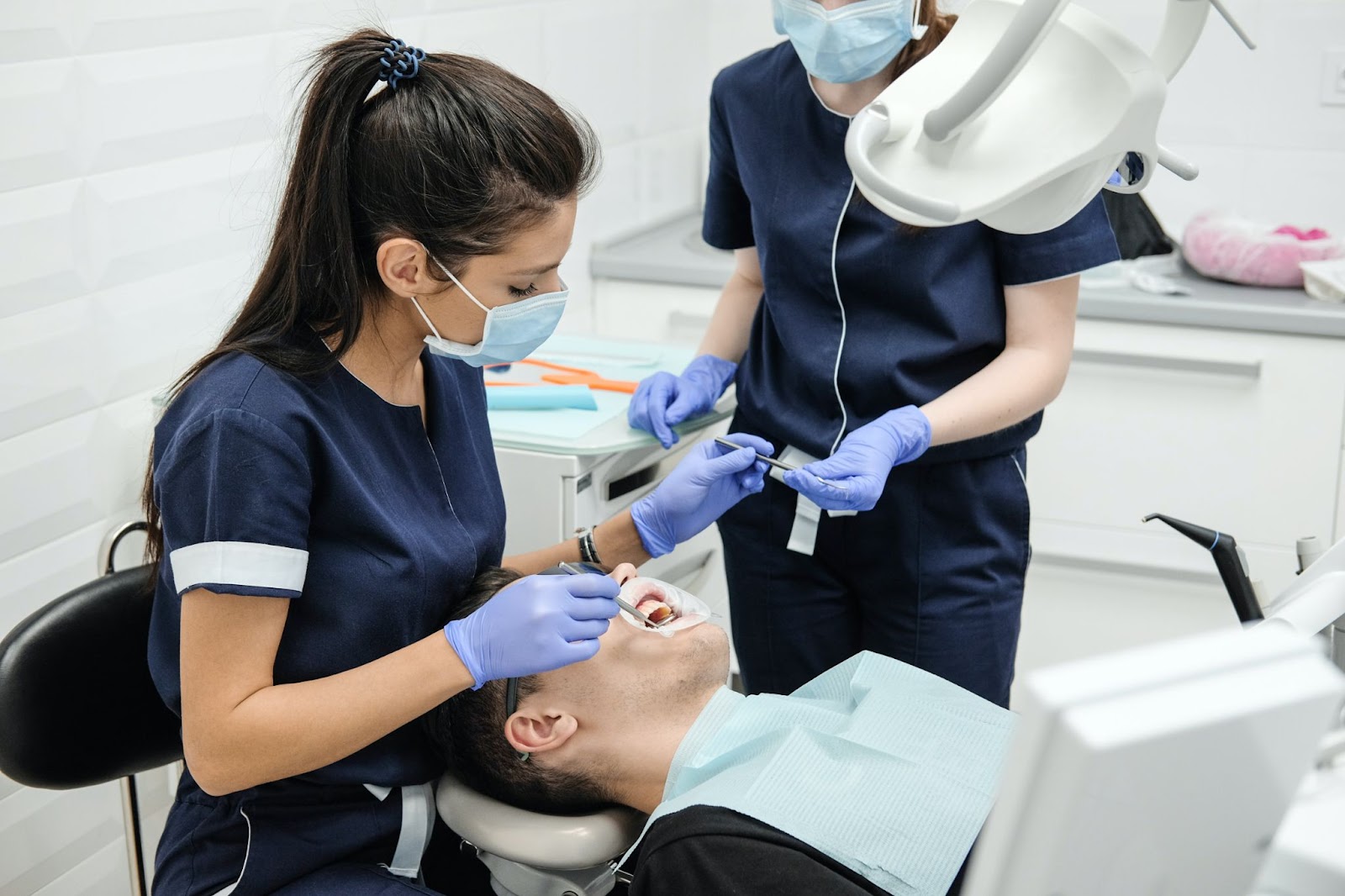





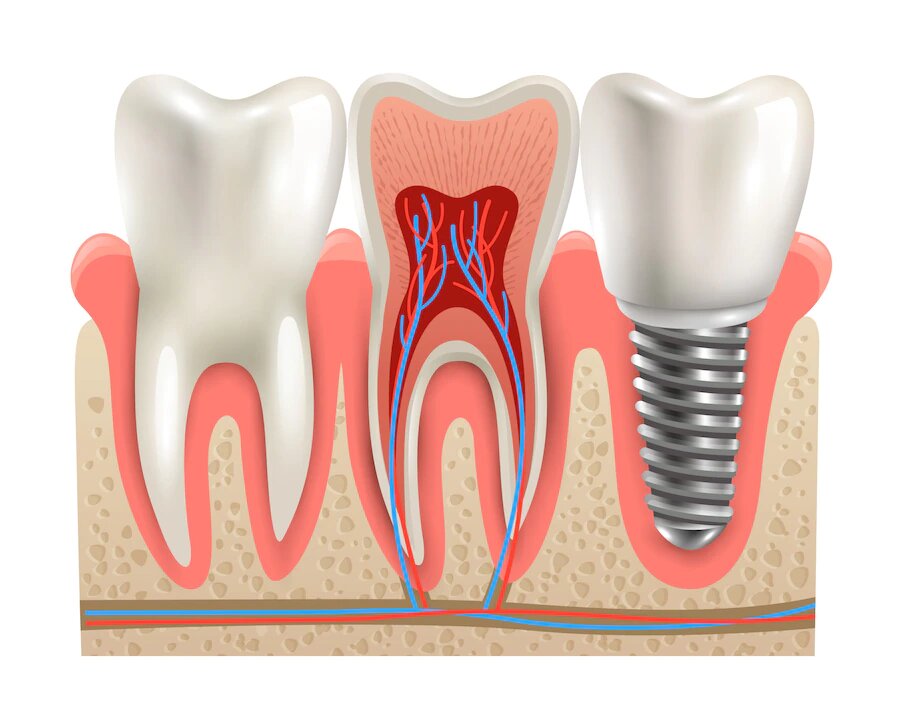
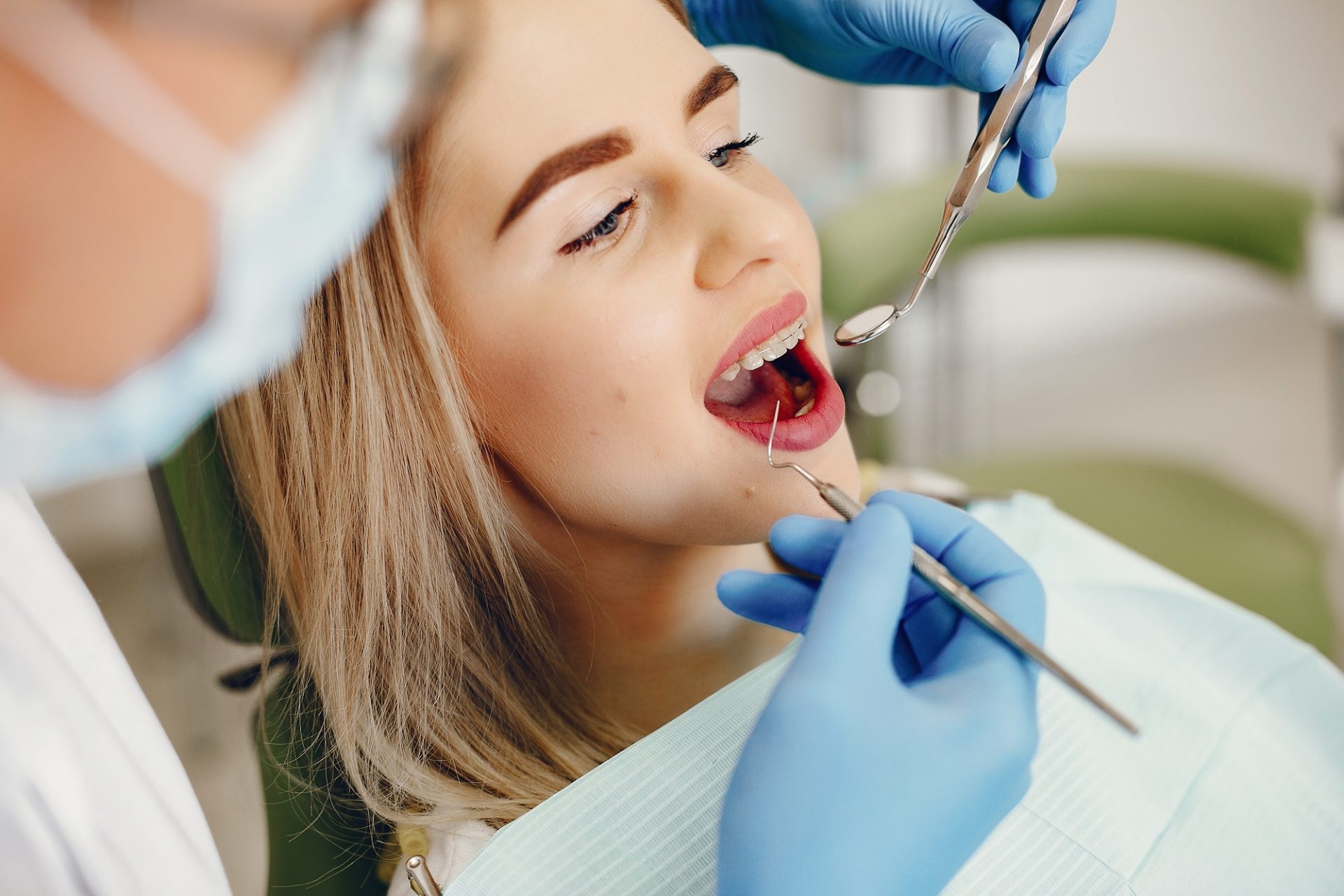









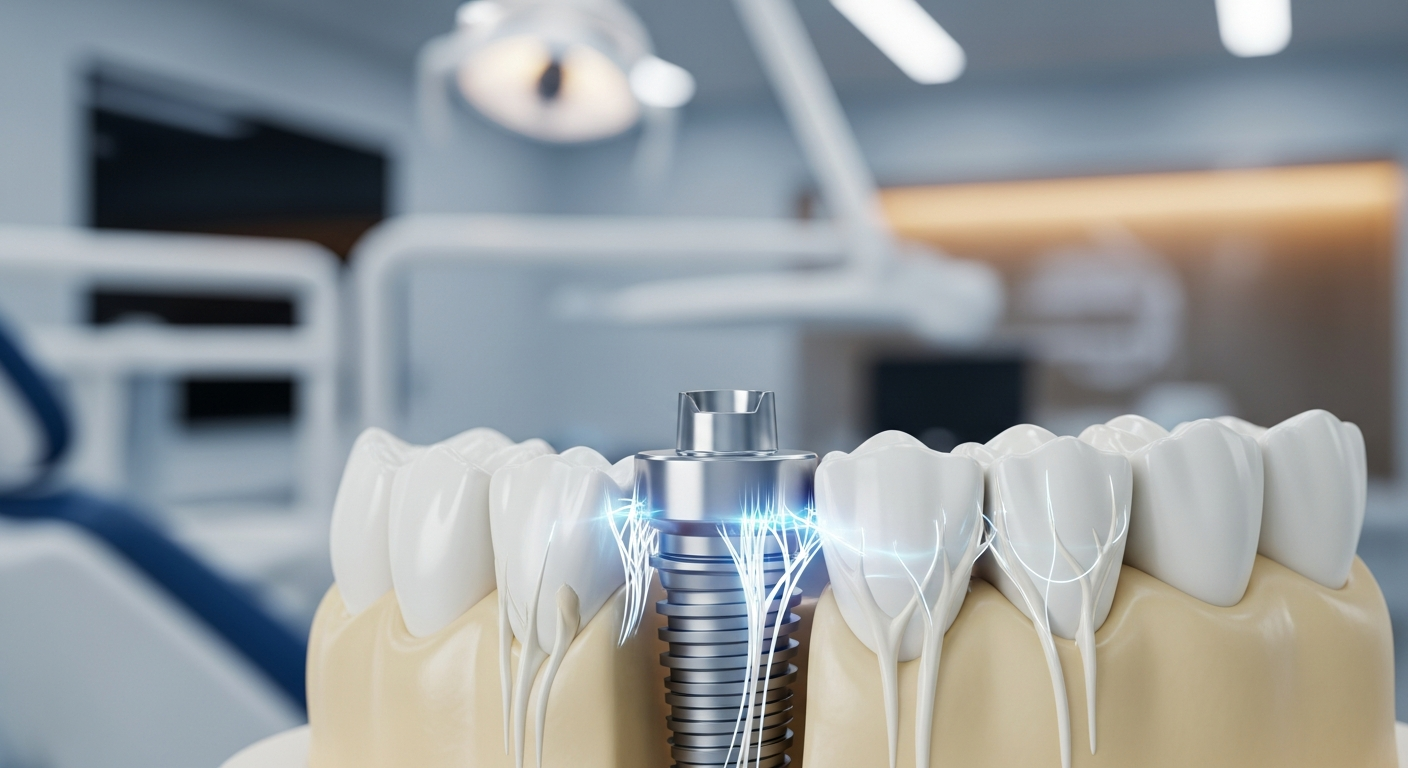






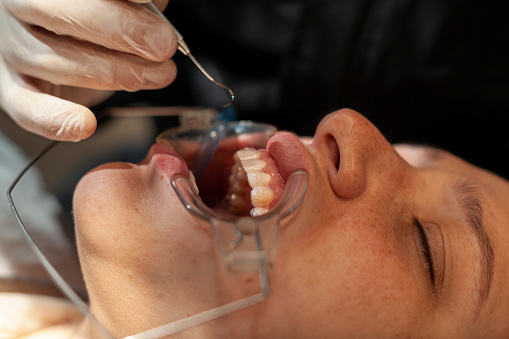

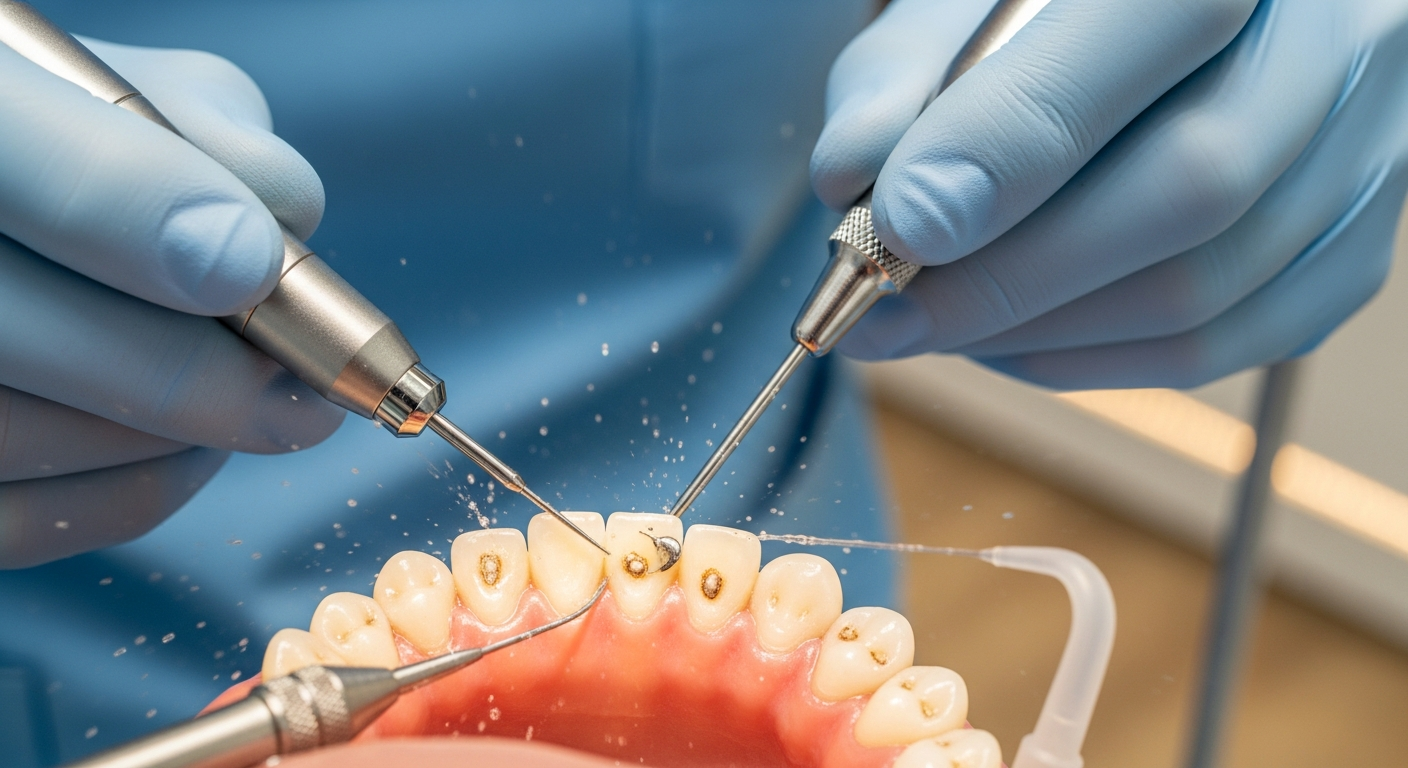

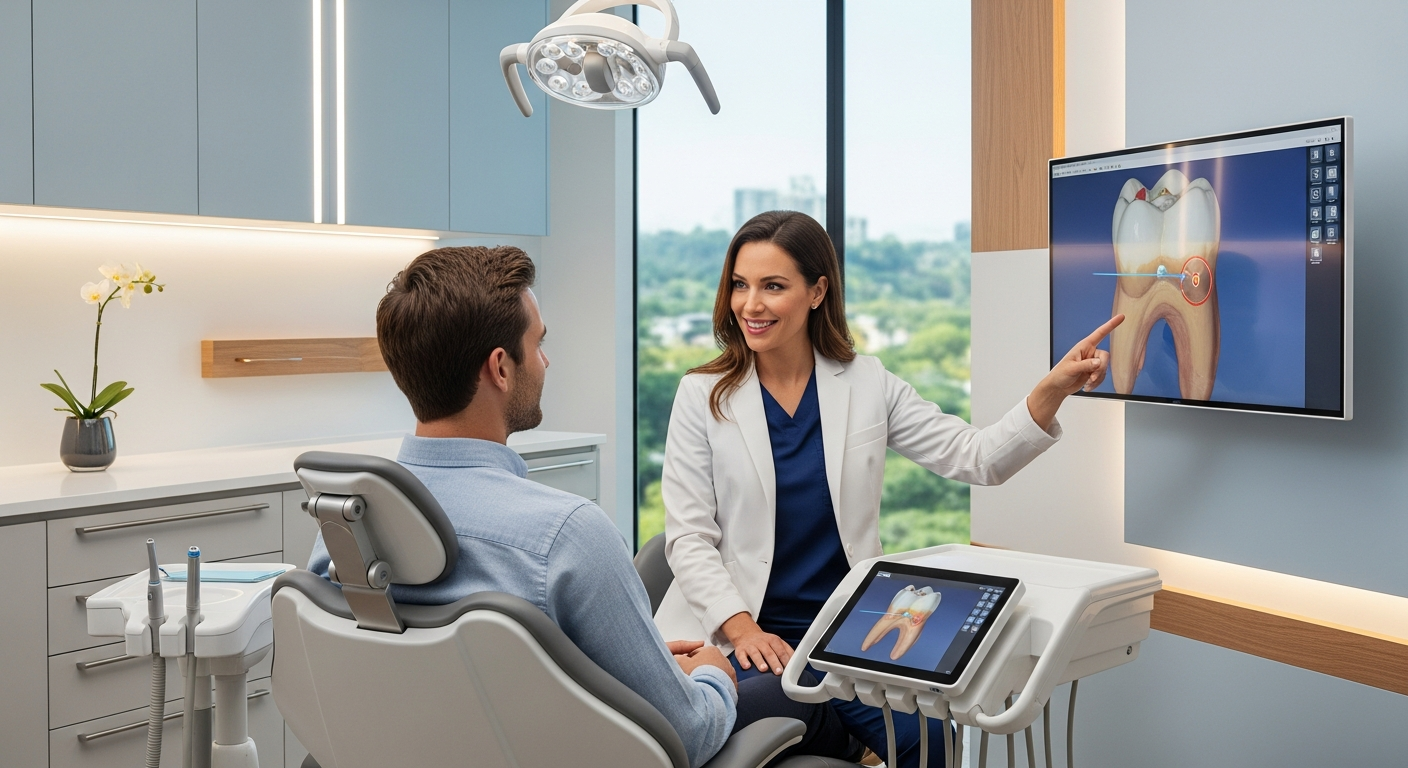
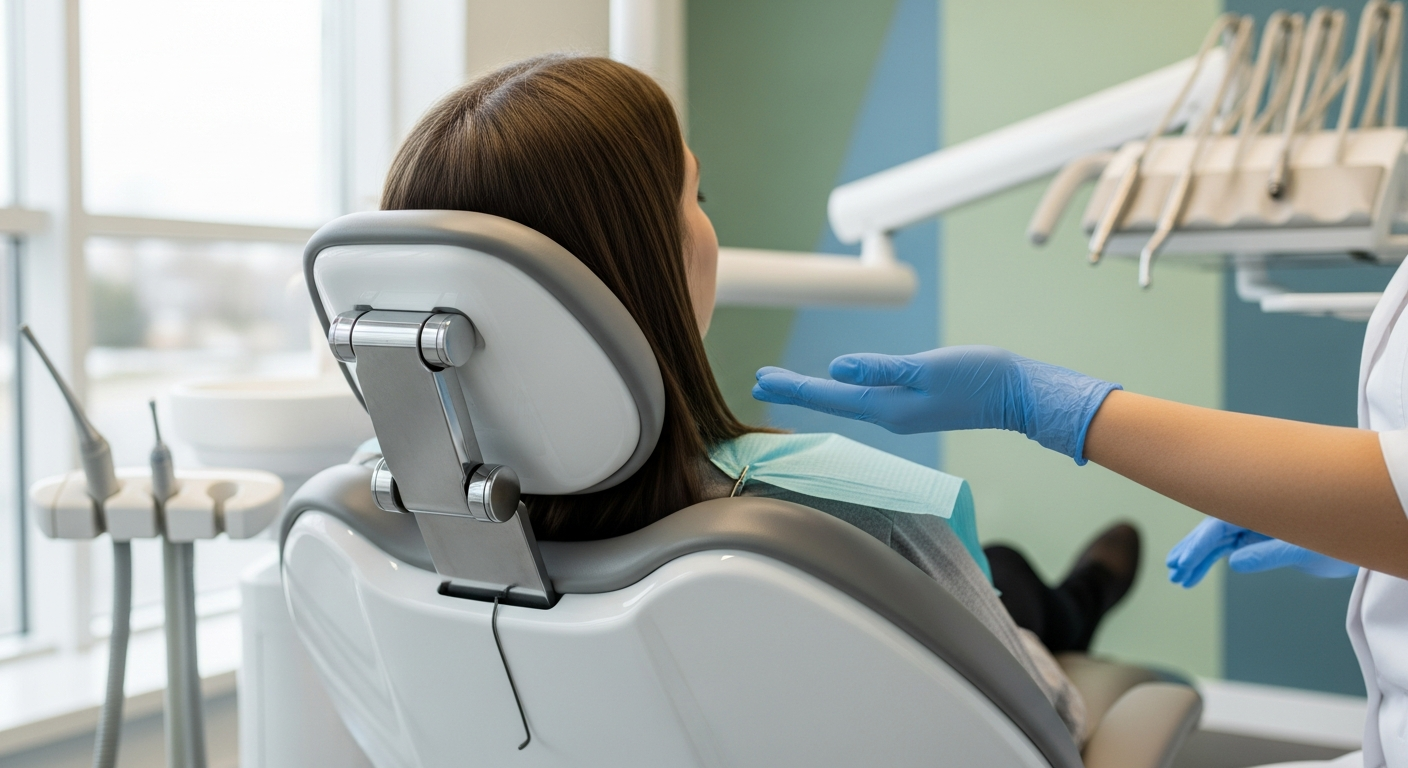

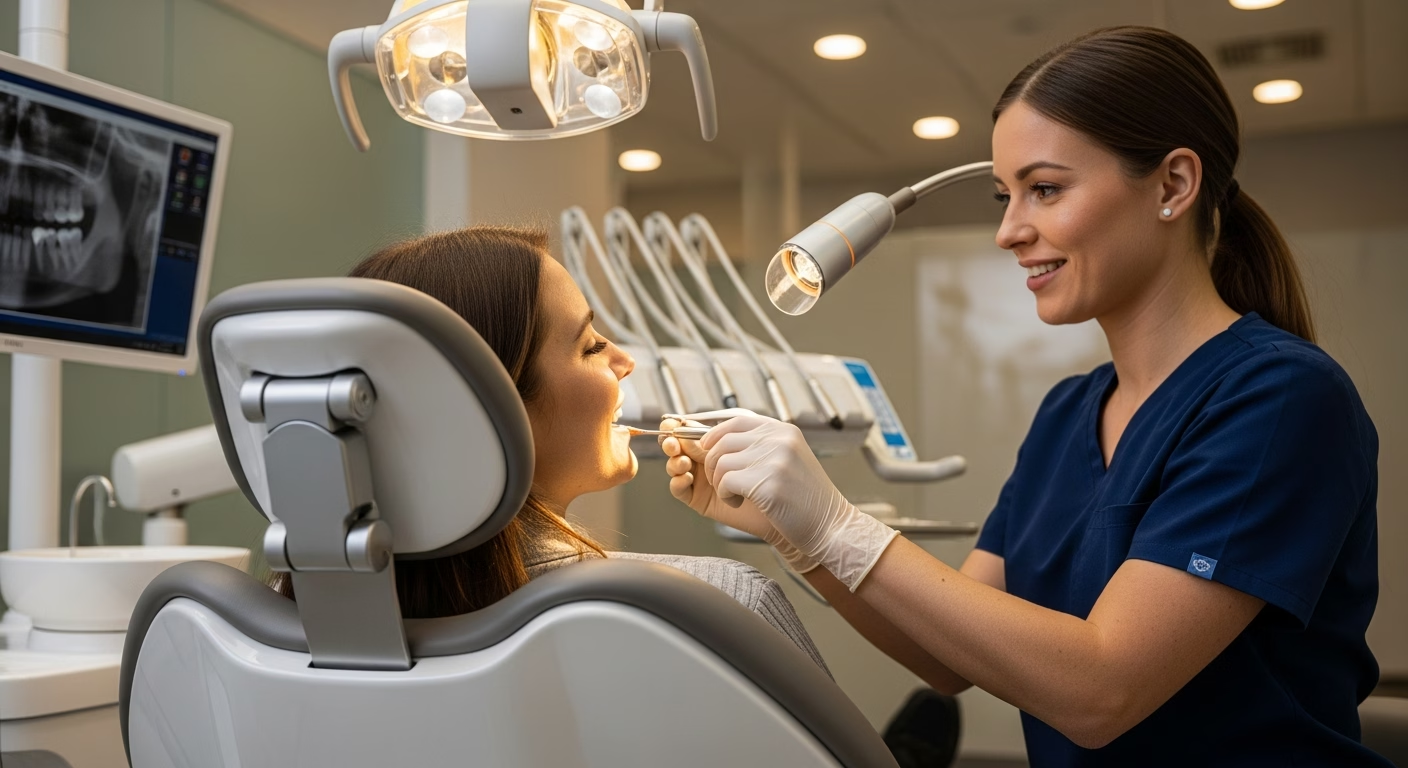
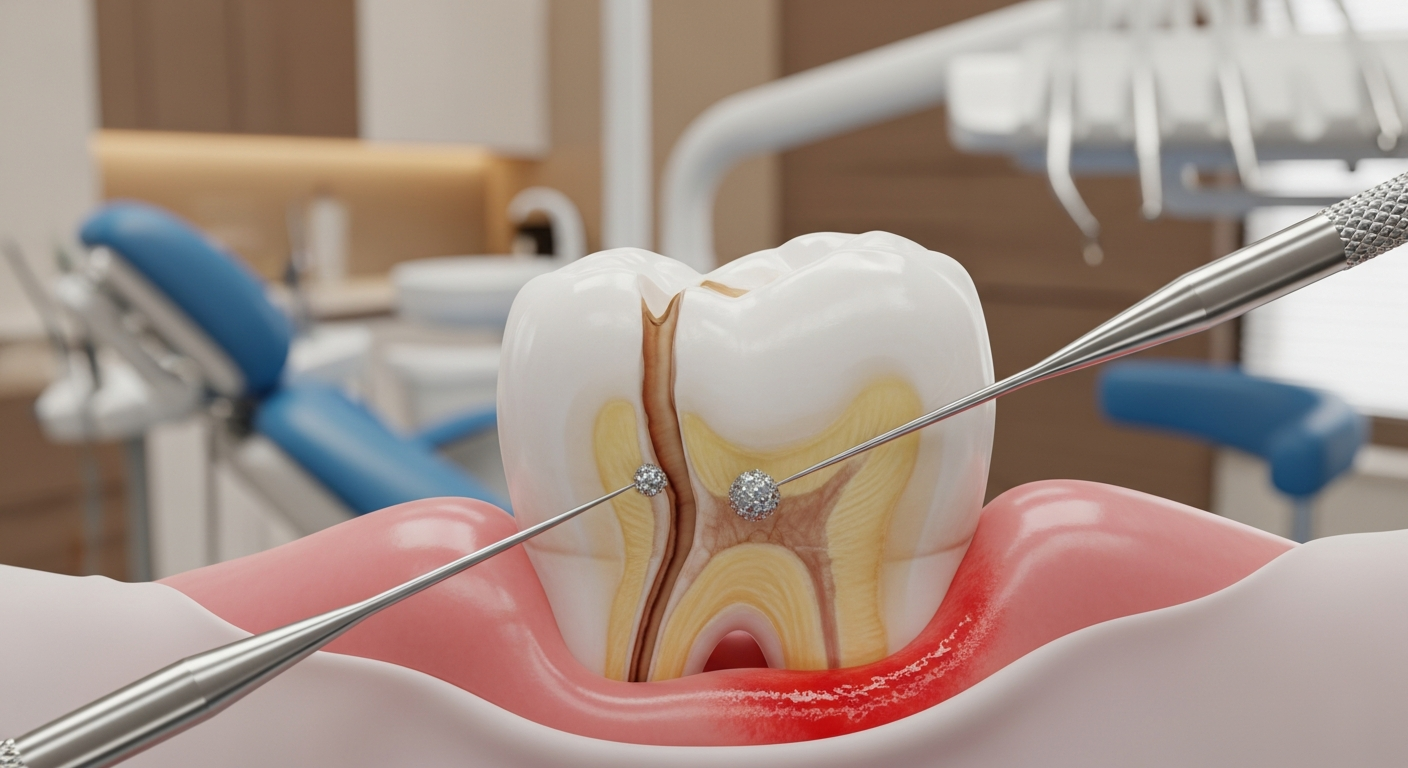




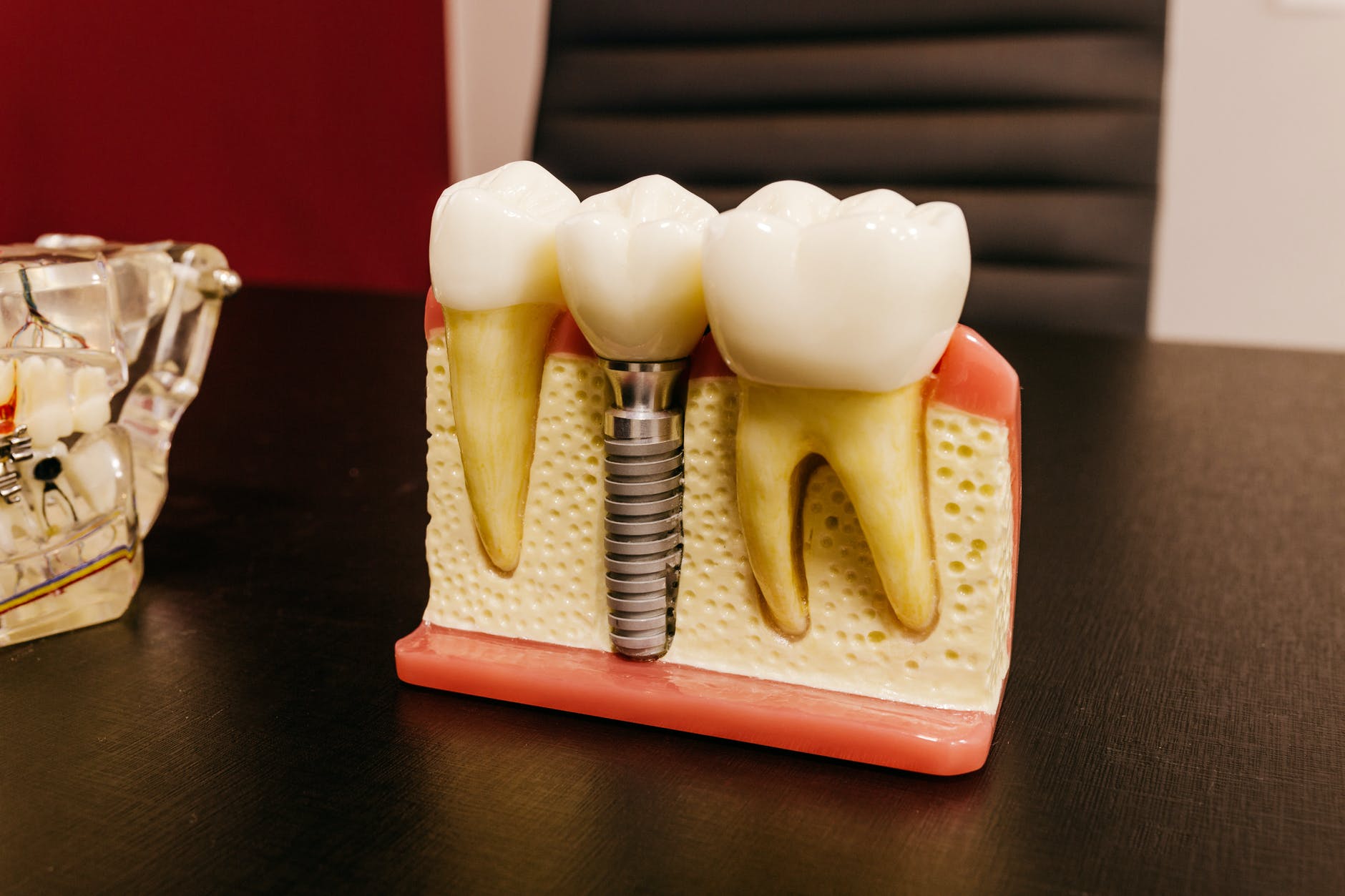


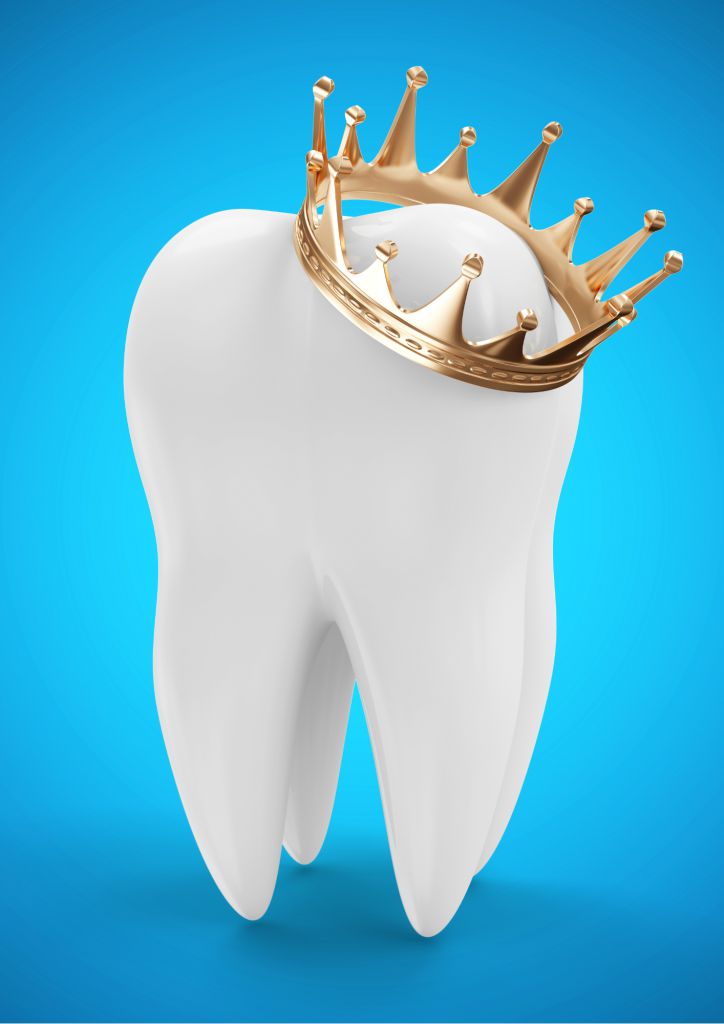







.avif)


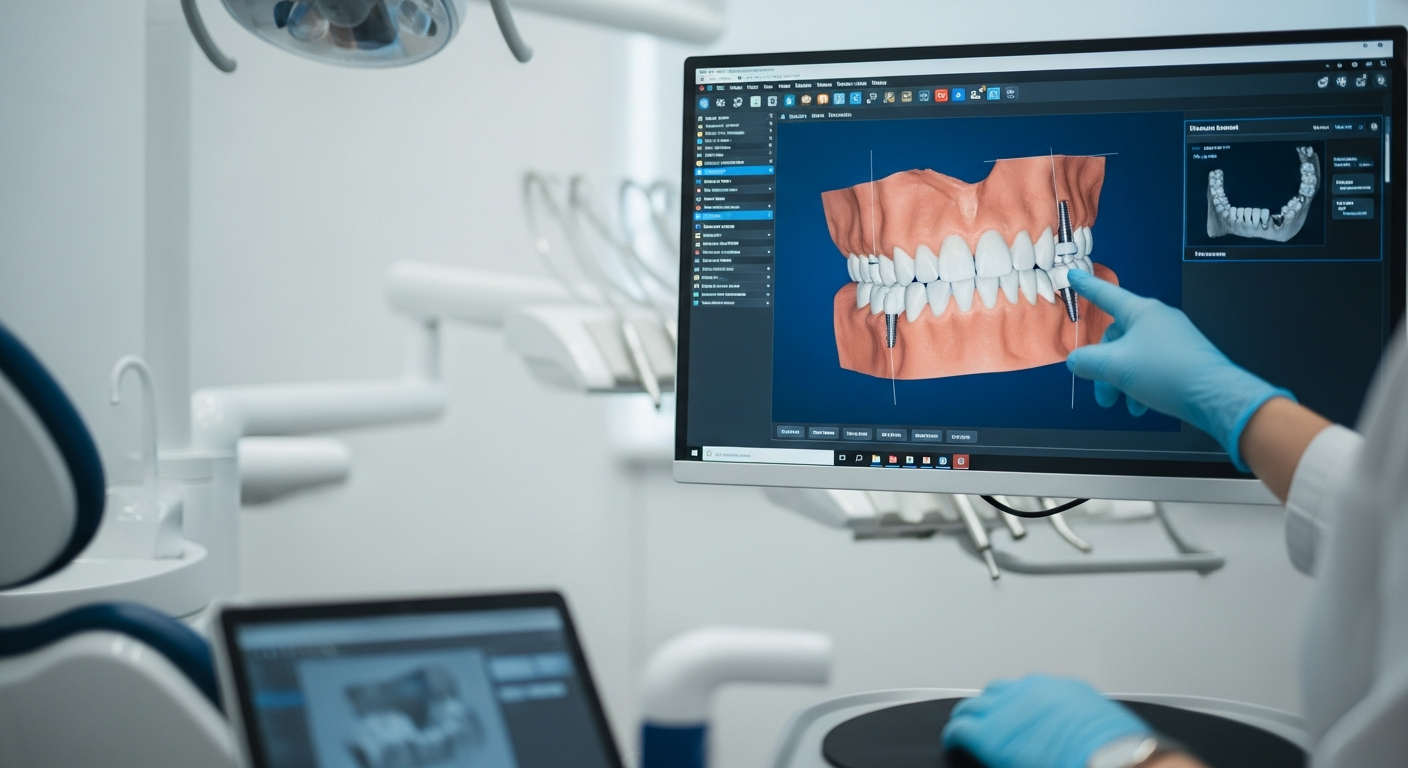



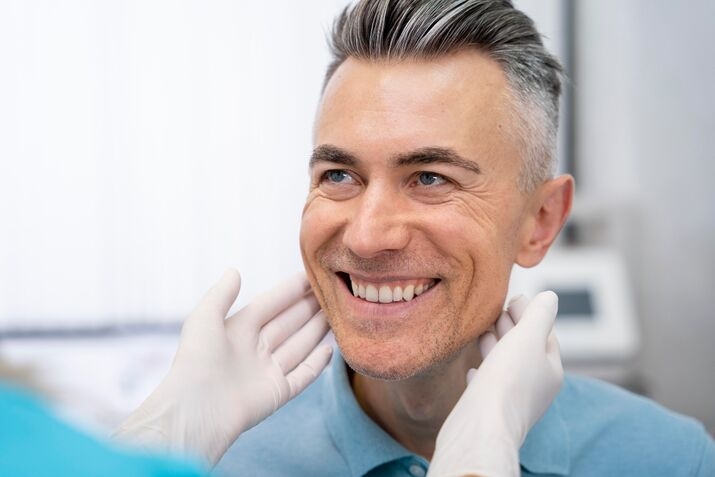
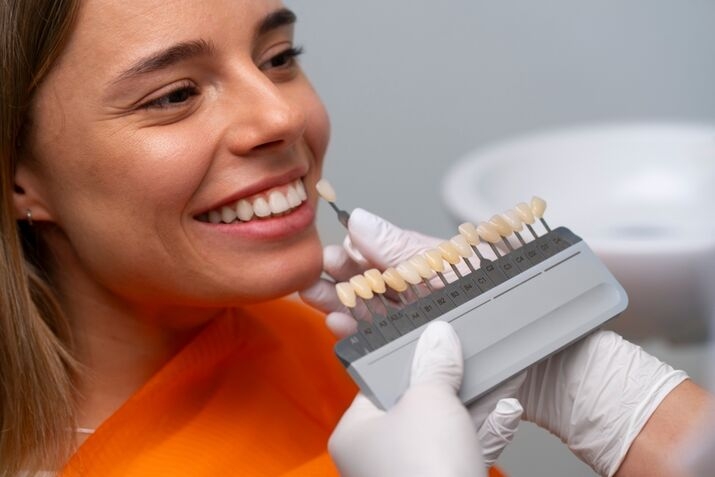
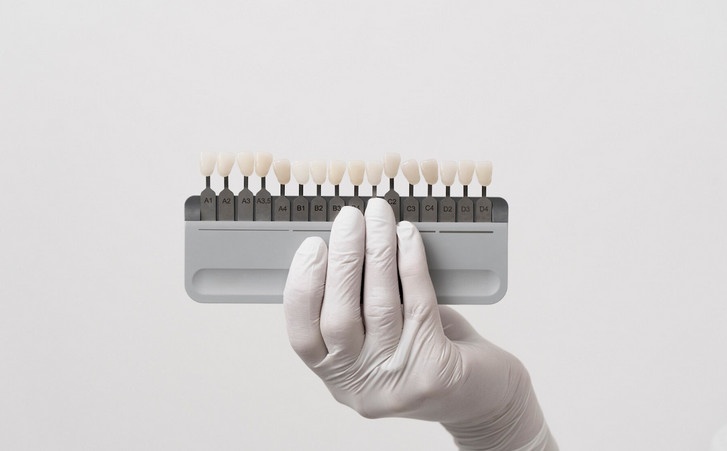

.jpg)


















.avif)


















.jpg)



